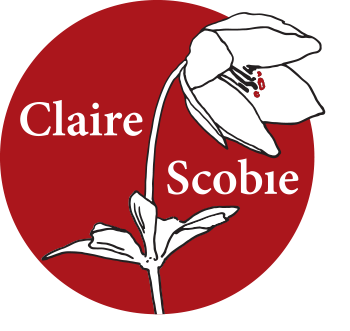06 Jun Going Unbound
You do all sorts of interesting things when you’re researching a novel. For The Pagoda Tree, I met a prince and rode on an elephant. Now I’m crowdfunding my book via the publisher Unbound so it can be published in the UK and other territories, and find new audiences around the world.
With only 4 weeks left to go, and over 60% funded, I’m getting closer to my goal. But I would love to see some of your names on the list of my supporters.
Unbound is both a traditional publisher and funding platform. This exciting twenty-first century model has a distinguished past. Once known as ‘subscription publishing’, in 1688 the first edition of Milton’s ‘Paradise Lost’ was published like this and so were books by Samuel Johnson and Voltaire.
In the 1720s Voltaire travelled to London when he couldn’t get a publisher in Paris. When his work La Henriade was published in 1728, the name of subscribers at the back read like a who’s who of English society. And just like back then, supporters get their name in the back of the book. There are other rewards, such as a beautiful handcrafted Indian journal and for writers, I’m offering professional mentor sessions.
Recent well known contemporary authors who have have used Unbound, include Kate Mosse, Julie Burchill, Terry Jones and Paul Kingsnorth who’s 2014 novel The Wake became the first crowdfunded novel to be longlisted for the Man Booker.
I’ve been following Unbound’s progress since 2012 when I first blogged about them, describing their approach as ‘an exciting example of entrepreneurialism in times of uncertainty. As we all know, the current publishing market is changing fast and writers need to keep up.
Unbound offers a whole new way of doing publishing, splitting a book’s net profit 50/50 with the author and helping to create a genuine relationship between reader and author. Traditionally an author is lucky to earn 10% of the cover price.
I admit it has pushed me out of my comfort zone. It’s both an emotional journey and a business strategy. I’ve been humbled by the support from friends, family and strangers. It’s like a huge endorsement of my work in a very public space; what’s hard is asking for help.
But these ventures are new ways for authors and readers to come together in the process of publishing a book. Unbound was founded by three authors because they felt that readers were often left out of the equation. I believe by harnessing the power of our collective community we have a greater chance to get our stories out there.
And it’s a lot easier than when Voltaire did it. I don’t have to tour England in a carriage, and the only thing you need to do is jump on this link to make a pledge.
